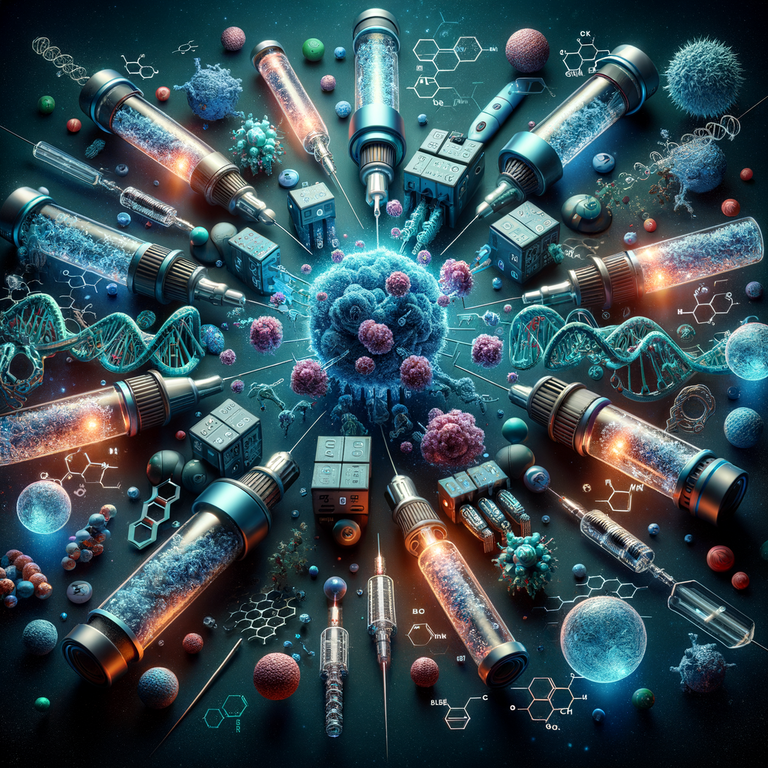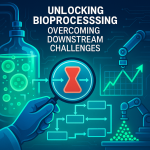🌟 This innovative platform focuses on conjugation and payload-linker strategies.
🔬 It enhances drug efficacy while minimizing side effects.
🚀 The approach aims to improve targeted cancer therapies significantly.
📅 The article indicates the ongoing evolution in the ADC field as of May 27, 2025.
Introduction:
The article discusses a novel technology platform for antibody-drug conjugates (ADCs), which represents a significant advancement in targeted cancer therapy. This innovative platform focuses on improved conjugation and payload-linker technologies that enhance the efficacy and safety of ADCs, making them a promising option for next-generation treatments in oncology.
- The new platform employs advanced conjugation techniques that provide greater precision in linking antibodies to their drug payloads, leading to improved therapeutic outcomes.
- The use of novel payload-linker technologies allows for the delivery of more potent cytotoxic agents while minimizing off-target effects, thereby reducing side effects.
- Research indicates that the enhanced stability and cytotoxicity of these new ADCs could lead to better patient responses and improved survival rates in cancer therapies.
- The platform supports the development of ADCs targeting a wider variety of cancer types, expanding their applicability in clinical settings.
- Future clinical trials are set to evaluate the safety and effectiveness of these next-generation ADCs, potentially transforming the landscape of cancer treatment.
Conclusion:
The advancements presented in this article signify a critical step forward in ADC technology, addressing current limitations and paving the way for more effective cancer therapies. As clinical trials progress, the implications of these innovations may reshape therapeutic strategies and improve outcomes for patients battling malignancies.



